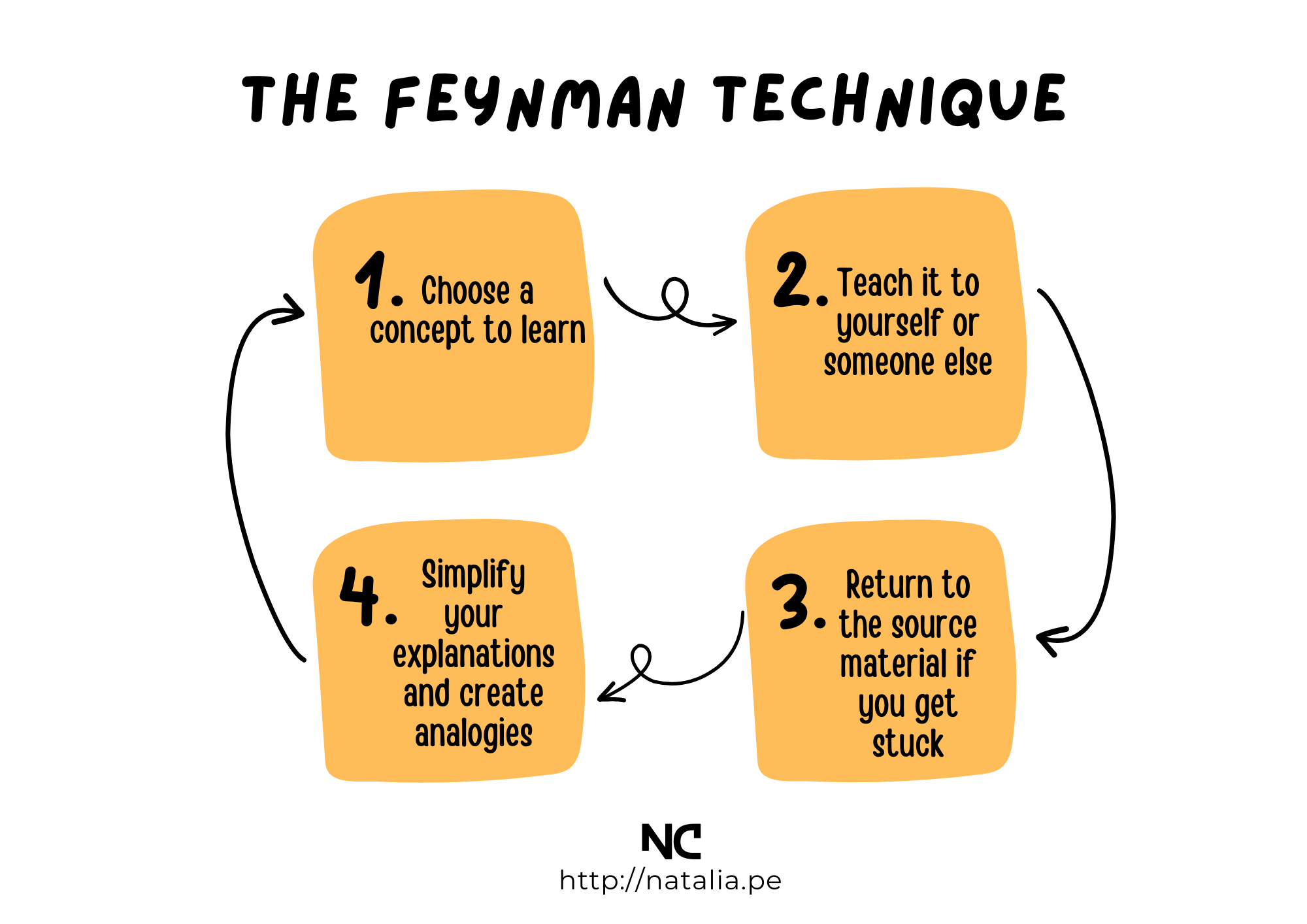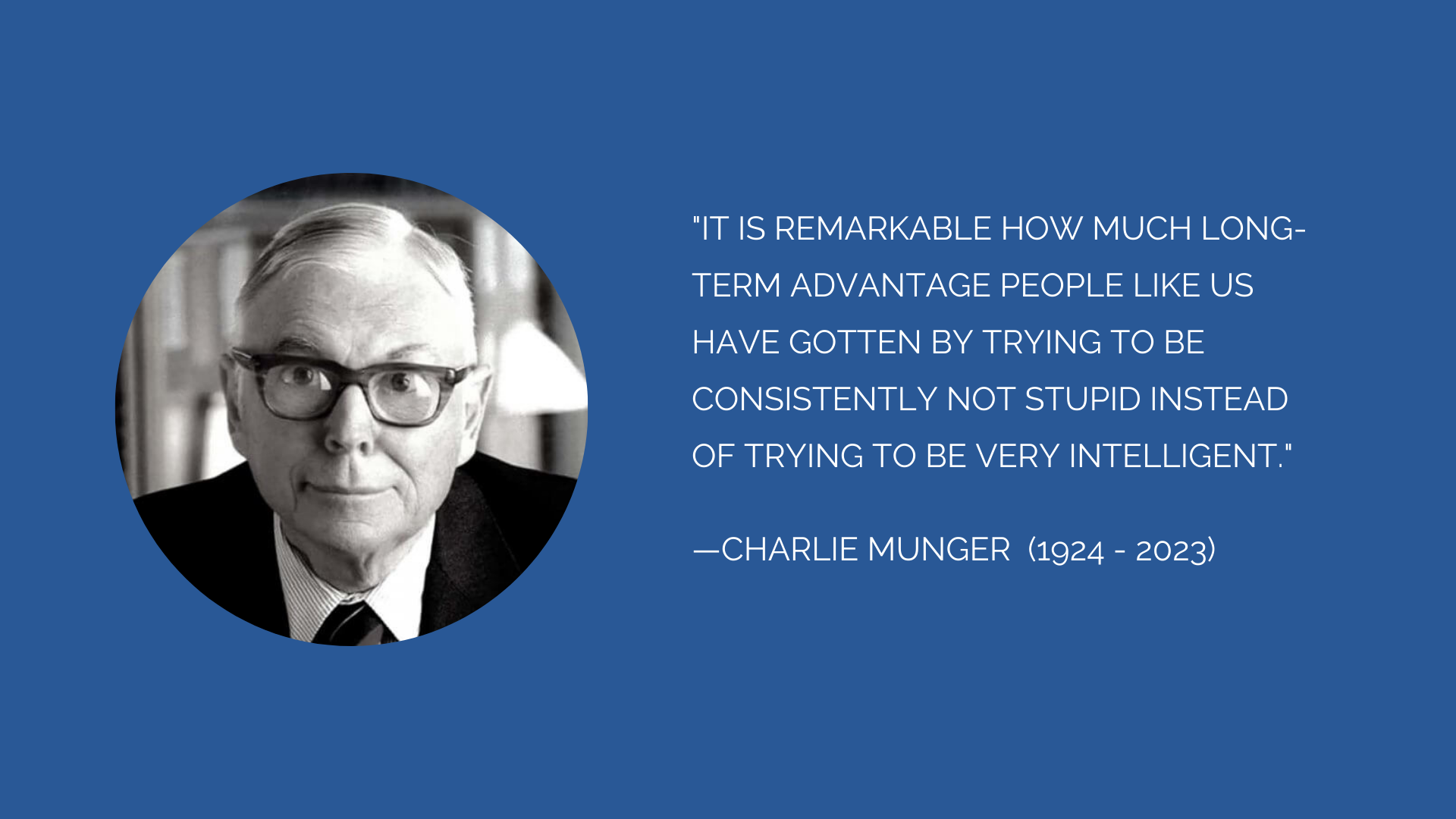Imagine walking into an office where the energy is palpable, creativity flows like a river, and every employee moves with purpose. This isn't a scene from a utopian movie—it's the reality of companies with strong, vibrant cultures. But how do they do it? Let's uncover the secret to building a company culture that not only survives but thrives.
The Simple Truth: Shared Values
At its core, a strong company culture boils down to one simple idea: shared values in action. Everything else stems from this fundamental truth. When every decision, hire, and policy aligns with your core values, you're on the right track.
Did you know that companies with strong cultures see 4x increase in revenue growth? This surprising statistic from a Deloitte study shows that culture isn't just about feel-good vibes—it's a serious business driver.
As an HR professional, I've seen countless companies transform through intentional culture-building. But don't just take my word for it. Satya Nadella, CEO of Microsoft, famously said, "The C in CEO stands for culture, and it defines the success of every organization." Under his leadership, Microsoft revitalized its culture, moving from a "know-it-all" to a "learn-it-all" mindset, which has been credited as a key factor in the company's remarkable resurgence and growth since 2014.
Remember your first day at a new job? The mix of excitement and nervousness? Now imagine if that day began with a warm welcome, a clear outline of the company's mission, and an immediate sense of belonging. That's the power of a strong culture—it turns anxiety into enthusiasm and transforms jobs into purposes.
Let me tell you a tale of two tech startups.
Startup A focused solely on product development, viewing culture as a 'soft' issue they'd address later. They hired based on skills alone and kept their heads down, working long hours.
Startup B, however, defined their values early. They hired for cultural fit as well as skills, celebrated team wins, and fostered open communication. They even turned down a lucrative contract because the client's ethics didn't align with their values.
Fast forward three years: Startup A had high turnover, missed deadlines, and a demoralized team. Startup B? They'd become an industry leader, with a waitlist of top talent wanting to join.
The difference? Culture.
The big question is how to build a strong culture. Let's break down the key ingredients:
Define Your North Star: Clearly articulate your vision and values. Make them so simple a fifth-grader could understand and repeat them.
Lead by Example: As a leader, your actions set the tone. Be the living embodiment of your culture. When executives and managers consistently demonstrate the behaviors they expect from others, it sets a powerful precedent. Remember, actions speak louder than words.
Hire Cultural Contributors: Look beyond skills. Seek out individuals who will add to your culture, not just fit into it. While skills can be taught, values are intrinsic. Seek candidates whose personal values align with your company's ethos. However, be cautious not to create an echo chamber—diversity of thought and background is crucial for innovation and growth.
Onboard with Purpose: First impressions matter. Design an onboarding experience that immerses new hires in your culture from day one. Follow this with ongoing training and development programs that reinforce cultural values and help employees grow.
Communicate, Communicate, Communicate: Foster transparency. Create multiple channels for open dialogue across all levels. Create channels for employees to share ideas, concerns, and feedback. Regular town halls, open-door policies, and anonymous suggestion boxes can all contribute to an atmosphere of openness and trust.
Celebrate Cultural Champions: What gets rewarded gets repeated. Recognize and reward behaviors that exemplify your values. Make heroes out of your culture champions.
Create Memorable Traditions: Shared experiences build bonds and reinforce culture. Establish rituals that bring your team together and reinforce your culture. Maybe it's Taco Tuesdays or monthly volunteer days.
Stay Agile: A strong culture isn't static—it evolves with your company. Regularly pulse-check your culture and be willing to evolve as your company grows.
Promote Holistic Well-being: Show that you value your employees as whole people, not just workers. Policies that support work-life balance, mental health, and overall well-being show that you value the person.
Tell Your Story: Every company has a unique story. Share yours widely and often. Share your cultural journey far and wide. Let your culture become your brand. When employees connect with your company's narrative, they become more invested in its success.
Building a strong company culture isn't about installing a ping pong table or offering free snacks. It's about creating an environment where people feel valued, motivated, and united in pursuit of a common goal. Build an environment where people can thrive.
The journey of a thousand miles begins with a single step. Take that step today. Starts with intentional actions. Nurture it, and watch your organization come alive with purpose, innovation, and success.
The future of your business is shaped by the culture you create today. You can lead this positive change.




















